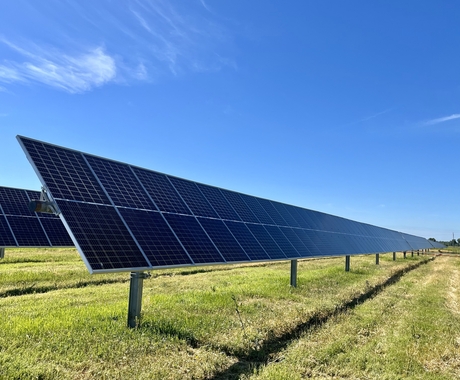Rhea Landholm, brand marketing and communications manager, rheal@cfra.org,402.687.2100 ext 1025
Lyons, Neb. - Residents in many areas of rural Nebraska do not have access to high speed internet. Two legislative bills introduced today by Sen. Lynne Walz, of Fremont, seek to close the digital divide.
LB 1113 introduced by Sen. Walz and co-sponsored by Sen. Tom Briese of Albion, would make it easier for public entities to work with private companies to install fiber optic cable required for broadband internet access. Currently, there are regulations and restrictions that interfere with private companies and political subdivisions from entering into public-private partnerships in an effective and cost-efficient manner.
“The current path to public-private partnerships is cumbersome and inefficient,” said Jordan Rasmussen, policy associate with the Center for Rural Affairs. “The city of Lincoln laid conduit and then leased the space for fiber in the conduit. With the passage of this legislation, the municipality could lay and lease the fiber directly if they have a private partner in place to provide the services. This would result in a cost saving to the municipality, the service providers, and ultimately, the customer.”
The second bill, LB 1114, seeks to reinstate requirements for more detailed reporting of broadband service access. Current reporting standards allow for telecommunications services to be reported at the census block level. For many rural areas of Nebraska, the census block is the entire county.
For example, Rasmussen said residents of Taylor may have high speed access, but that doesn’t mean access spans all of Loup County.
“This enhanced reporting will provide service providers and municipalities with a more accurate depiction of where service is and is not available,” Rasmussen said. “Reporting access at the census block level leaves room for error and misallocation of funds to build out broadband services.”
The Center for Rural Affairs recognizes the opportunities of expanded rural broadband service, and has endorsed both LB 1113 and LB 1114.
“Funding opportunities and legislative changes are key to the extension of internet access to all residents,” Rasmussen said. “The ability to expand broadband access in the state’s rural communities expands social and economic opportunities for Nebraskans.”



